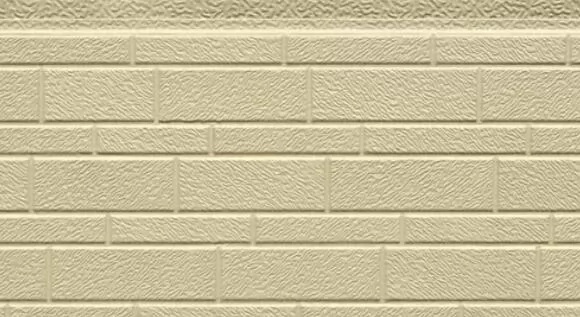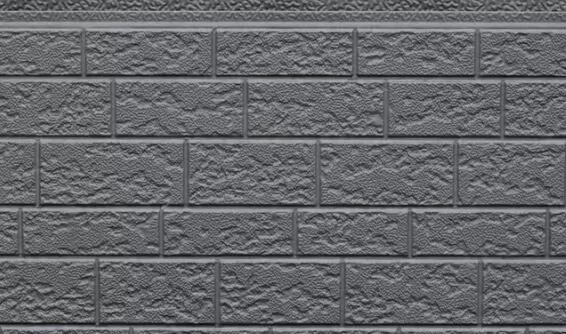Sandwich panels are a type of building material that is commonly used in modern construction projects. They are made up of two outer layers or skins, and a core material that is sandwiched between them. The outer layers are typically made from metal, such as aluminum or steel, while the core can be made from a variety of materials, including foam, rock wool, or polyurethane. The main reason for using sandwich panels in a structure is their unique set of benefits that make them an ideal choice for a variety of applications.
Insulation
One of the primary benefits of sandwich panels is their ability to provide excellent insulation. The core material of the panel acts as a barrier to heat transfer, which can help to maintain a consistent temperature inside the building. This is particularly important in regions where extreme temperatures are common, as it can help to reduce the amount of energy needed to heat or cool the space. Sandwich panels can also help to reduce noise pollution, making them a popular choice for buildings that are located in busy or noisy areas.
Strength
Another key benefit of sandwich panels is their strength. The combination of two outer layers and a core material creates a structure that is much stronger than any of the individual components. This makes sandwich panels an excellent choice for buildings that need to withstand high winds, earthquakes, or other types of environmental stressors. The strength of sandwich panels also makes them an ideal choice for structures that need to support heavy loads, such as bridges or industrial buildings.
Lightweight
Despite their strength, sandwich panels are also relatively lightweight. This makes them easy to handle and transport, which can help to reduce the overall construction time and costs. The lightweight nature of sandwich panels also makes them an ideal choice for structures that need to be portable or temporary, such as event tents or emergency shelters.
Durability
Sandwich panels are also highly durable, and can withstand the effects of weathering, corrosion, and other types of damage. This makes them an ideal choice for buildings that need to be able to withstand harsh environmental conditions, such as those found in coastal or desert regions. The durability of sandwich panels also means that they require very little maintenance, which can help to reduce the overall cost of ownership.
Design Flexibility
Finally, sandwich panels offer a high degree of design flexibility. The outer layers of the panel can be customized to match the aesthetic of the surrounding environment, while the core material can be chosen to provide the required level of insulation, strength, or other properties. This flexibility allows architects and builders to create unique and innovative structures that meet the specific needs of their clients.
In conclusion, sandwich panels offer a wide range of benefits that make them an ideal choice for a variety of construction projects. From their excellent insulation properties to their strength, durability, and design flexibility, sandwich panels provide a versatile and reliable building material that is well-suited to modern construction practices. As the demand for sustainable and energy-efficient buildings continues to grow, sandwich panels are likely to become the preferred choice for more building materials.
We are a sandwich panel supplier. If you are interested in our products, please contact us now!


